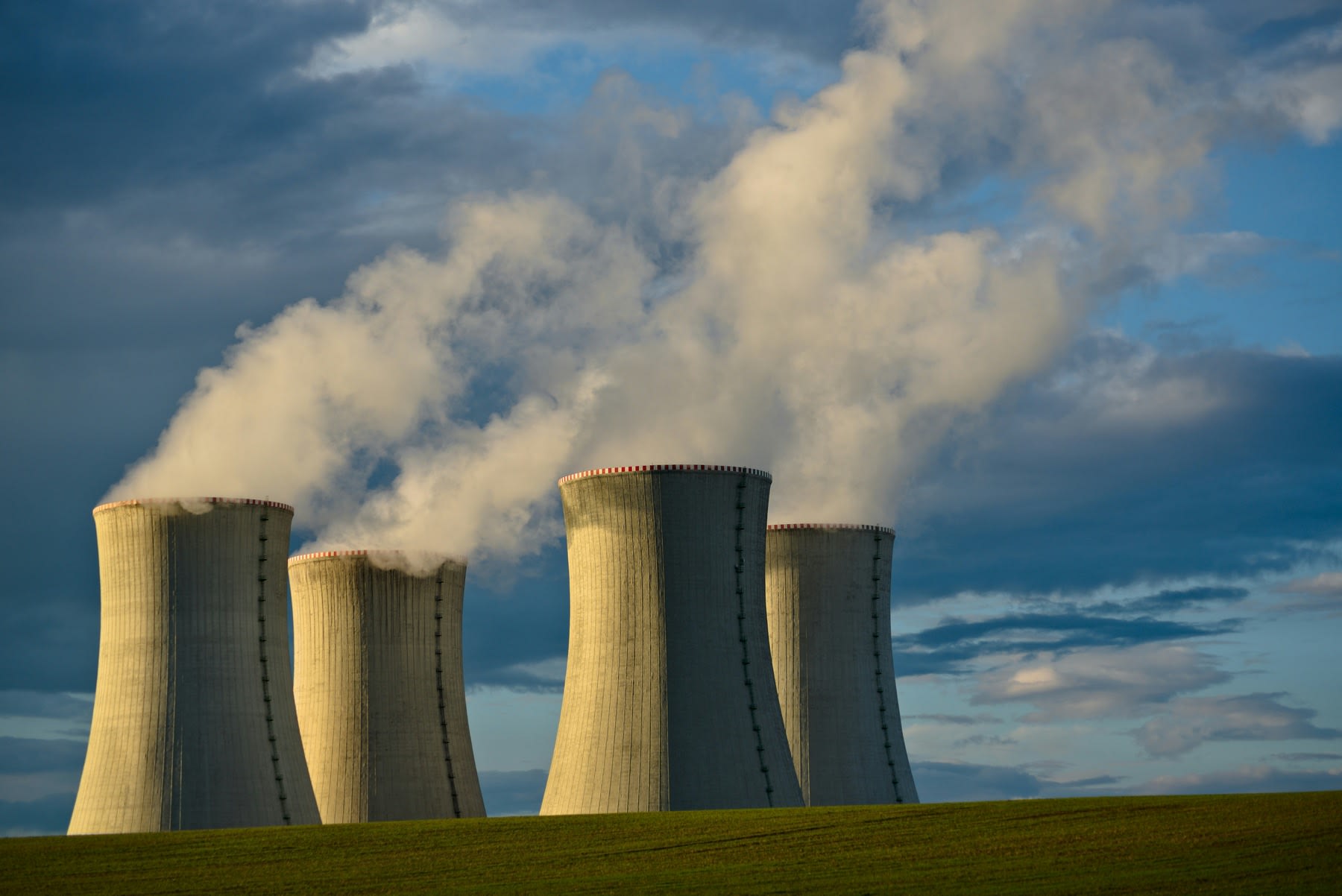20 Best Topics for Your Position Paper in 2026

Poorly chosen topics for your position paper may result in insufficient research material, impacting your ability to build a strong and well-supported position. Over the years, I’ve guided college students in conveying arguments effectively with the right topic. For this guide, I’m listing the best position paper topics to make compelling and relevant arguments.
The Top Position Paper Topics
- Affirmative Action
- Artificial Intelligence
- Religious Freedom
- Human Rights Violations
- Black Lives Matter
- Charter Schools
- Civil Rights
- Climate Change
- Animal Testing
- Death Penalty or Capital Punishment
- Electoral College
- Extremism
- Foreign Aid
- Hacking
- Labor Unions
- Nuclear Energy
- Outsourcing
- Reparations
- Social Security
- Women’s Rights
The Top Position Paper Topics
Some of the most popular position paper topics include civil rights, which examines issues related to equality, discrimination, and social justice. You could also consider writing a paper about capital punishment and climate change, addressing their challenges and potential solutions. You may also explore the ethical and legal implications of health insurance, social security, and human trafficking.

Below is a list of topics you can use to write your argumentative essay and formulate your position on a particular issue. Improve your college study skills by researching and writing about these position paper topics.
- 1
Civil Rights
Civil rights refers to one of the most consequential struggles in American history. Often discussed in law, social justice, and human services degrees, the controversy pits groups, organizations, and communities that advocate for greater racial equality against those who work to maintain or advance a white racial hierarchy.
- 2
Climate Change
The climate change debate concerns the impact of human activity on the earth’s temperature and its impact on weather patterns, plant life, wildlife, and human health. This is particularly a good topic if you’re interested in pursuing a degree in environmental science.
- 3
Death Penalty or Capital Punishment
Capital punishment or the death penalty is a form of legal punishment administered by the state. It has long been the subject of constitutional, philosophical, and practical disagreement, and legal fluctuation in degrees like criminal justice and law.
- 4
Human Rights Violations
Usually for law and criminal justice degrees, compelling essays on violations of human rights address critical issues that impact human dignity, freedom, and global stability. For instance, you can discuss the impact of human trafficking and its implications for criminal justice systems.
- 5
Social Security and Health Insurance
Often discussed in health systems management and social work degrees, the social security controversy is a complex economic and philosophical debate over how it should be funded, dispersed, and managed. You can also argue issues on health insurance, including access, healthcare expenses, and coverage based on employment and socioeconomic status.
- 6
Artificial Intelligence and Genetic Engineering
Technological advancements behind AI, machine learning, and automation are among the highly debated topics in data science and analytics. With your training and knowledge from college, you can write arguments on genetic studies and artificial intelligence issues.
- 7
Animal Testing
Arguments on animal tests present an ethical dilemma regarding the use of animals in scientific research for the animal science and veterinary technology fields. When writing, you can weigh the potential benefits against concerns for animal welfare and cruelty.
- 8
Women’s Rights
Advancing the public discussion on women’s rights is among the most discussed topics in a gender studies degree. Arguments for women’s rights aim to improve gender equity through legislation, activism, public service, and political participation.
- 9
Religious Freedom and Atheism
In religious studies degree programs, debate persists over the meaning of religious freedom and whether this freedom can be used to exempt groups from certain laws, including anti-discrimination laws. The controversy over atheism concerns disagreement between those who believe in the existence of deities and those who do not.
- 10
Minimum Wage and Labor Unions
Concerns about the minimum wage> are common arguments college students may encounter in economics and labor law courses. The controversy over labor unions shows conflicting ideals, methods, and goals between labor leaders and businesses.
- 11
Reparations
Often discussed in degrees with reparatory justice courses, reparations controversies remain relevant, as advocates, activists, and public leaders continue to call for some form of reparations. This applies to both compensation for slavery and for the injustices visited upon succeeding generations of Black Americans.
- 12
Hacking
Students completing a degree in cybersecurity can also use research to fight against criminal hacking. In your position paper, you can discuss the lawful, unlawful, ethical, and unethical aspects of hacking.
- 13
Extremism
For those considering a degree in psychology, your position paper can discuss extremism’s ideologies, methods, and prevention. You can investigate how psychological factors can lead people to get involved with extremism.
- 14
Electoral College
In political science degrees, the debate over the Electoral College is an ongoing controversy because critics argue that this model renders the national popular vote meaningless, undermines the principle of “one person, one vote,” and results in widespread voter disenfranchisement.
- 15
Outsourcing
The outsourcing topic in the field of economics centers on the conflicting interests of corporate profitability and free market capitalism on one side. On the other side, there are concerns over heightened American unemployment and the exploitation of low-wage workers.
- 16
Foreign Aid
Often discussed in social science and international relations degrees, the issues over foreign aid divide those who believe there are strategic, economic, and moral imperatives justifying this use of American resources. Some believe this is a misappropriation of funding that should instead be spent on domestic priorities.
- 17
Nuclear Energy
Nuclear energy aims to replace the use of fossil fuels to generate electricity. Generally part of nuclear physics and engineering degree programs, the debate over nuclear energy concerns its safety, environmental impact, capacity for civil energy production, and proliferation as a source of potentially catastrophic weaponry.
- 18
Affirmative Action
Frequently debated in social justice and human rights law degree programs, the issues concerning affirmative action divide those who believe this is an effective way to push back against the sociological impact of systemic discrimination versus those who believe affirmative action is either ineffective or is, itself, a discriminatory policy.
- 19
Charter Schools
Position paper arguments over charter schools concern the belief that charter schools are a valuable alternative to traditional public schooling. Especially for education management-related programs, papers can also discuss its implications for disadvantaged or at-risk student populations versus the belief that charter schools divert funding and resources from traditional public schools.
- 20
Black Lives Matter
Black Lives Matter is a modern protest movement centered around civil rights causes impacting Black Americans. As a common topic in sociology and political science programs, your paper can discuss and make arguments based on police brutality, vigilante violence, and institutional inequality in the American legal system.


What Is a Position Paper Topic and Why Should College Students Present One?
A position paper topic is a prolonged public dispute or debate. Many of these issues raise strong enough disagreements, contributing to a student’s political action, protest, and policy development through research and arguments.
- As you build a career based on the ideas you’re learning to defend today, you will encounter controversy in modern education. College offers an amazing opportunity to explore these issues, and to determine where you fit into the conversation.
- With your research paper, you can question your assumptions, defend your ideas, and train to probe for a more complete understanding of the controversial issues defining our times.
- Wherever you are in your educational journey, you should embrace the opportunity to explore some of the most important debate topics.
Methodology: How I Choose These Topics and What Are the Limitations
At AcademicInfluence, influence rankings are used to identify and rank the best topics for a position paper. The methodology includes a point-based way of scoring the permeation, visibility, frequency, and quality of mentions.

- Using my ranking analytics tool, I applied the same standard to measuring the breadth of a given topic. Those topics that scored the most “influence points,” based on page views and social media links.
- While some historical notes included may touch on controversy in countries other than the U.S., this is, by design, an ethnocentric list of American issues.
- You will agree with some of the figures on each list, while you will disagree with some of them. You may even be offended by the inclusion of some influencers in our discussion. Inclusion is not an endorsement; it is merely an acknowledgment of influence, for better or worse.
Related Questions
What Makes a Good Position Paper Topic?
Good position paper topics should allow for a strong argument and thesis to be developed. You also need to support it with comprehensive research or interviews from credible sources.
How can I Develop a Topic for a Position Essay?
To select position paper topics, start by identifying a field of interest, then brainstorm broad ideas and conduct preliminary research to narrow the scope. Gather printed materials and analyze similar papers by other authors, making sure your topic is societally relevant and allows for solid arguments backed by research.
What Should a Position Paper Include?
A position paper should follow a clear five-paragraph essay subtopics and headings to present information effectively. It should also include a concise introduction and summary to make the central argument comprehensible.
Back to TopConclusion
Understanding the importance of choosing compelling position paper topics is valuable for effective persuasive writing. With a well-chosen topic, you can captivate your audience, present a strong argument, and potentially influence their perspectives on the issue at hand.
Find additional study resources with a look at our study guides for students at every stage of the educational journey.
Or get valuable study tips, advice on adjusting to campus life, and much more at our student resource homepage.